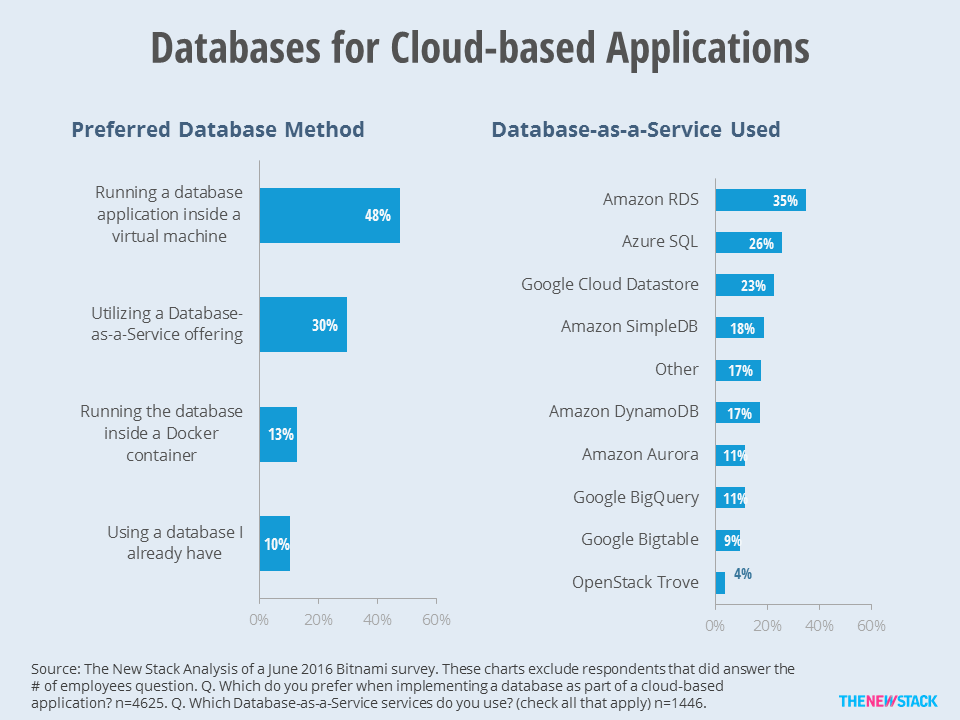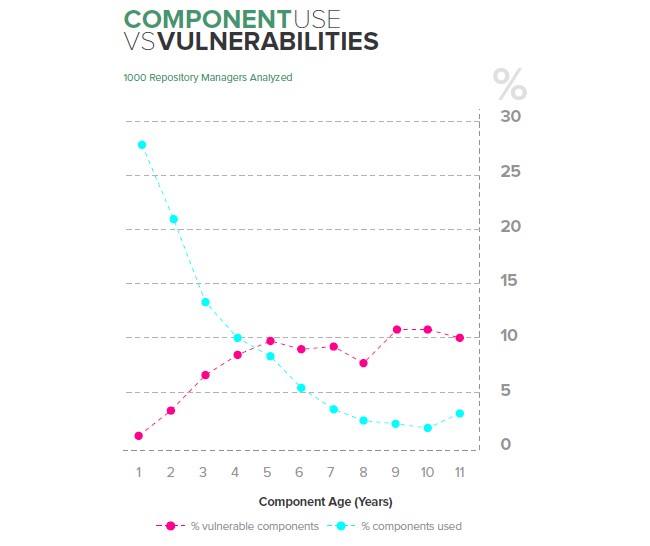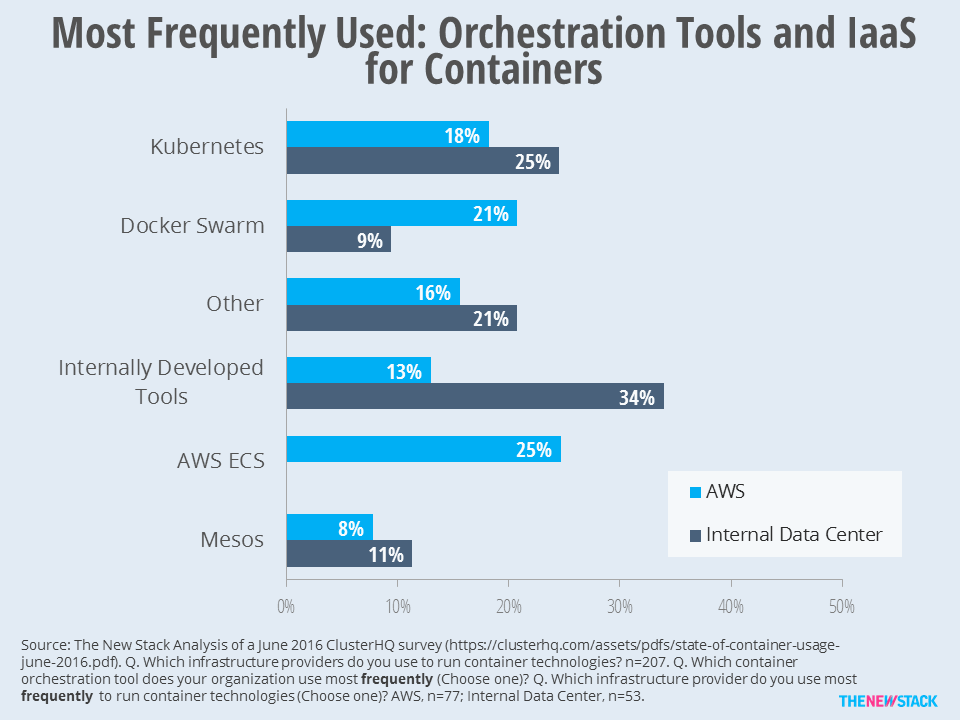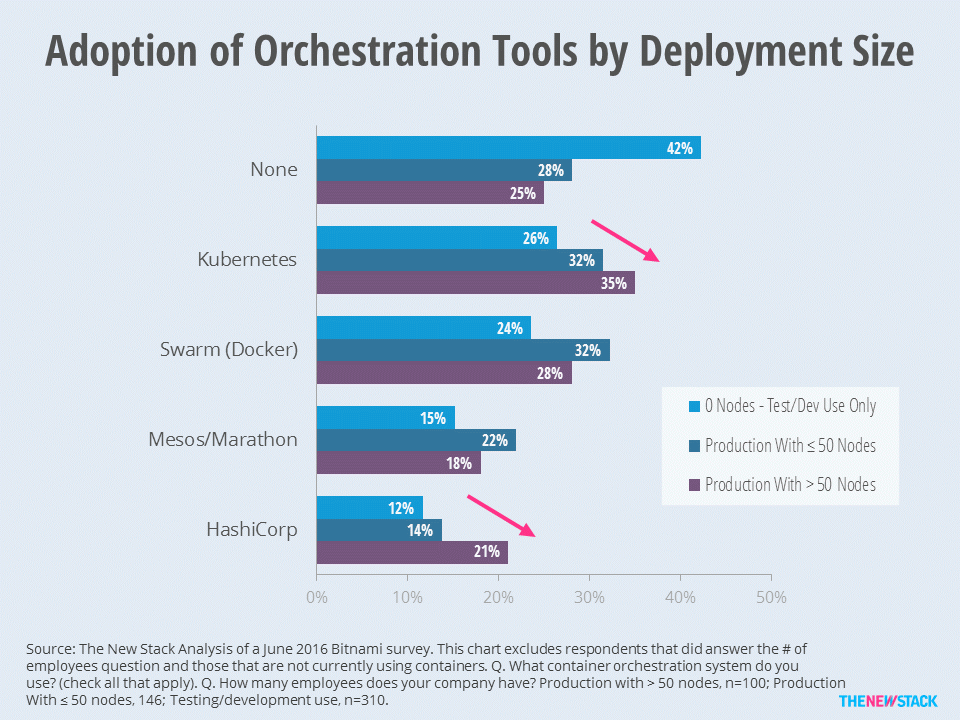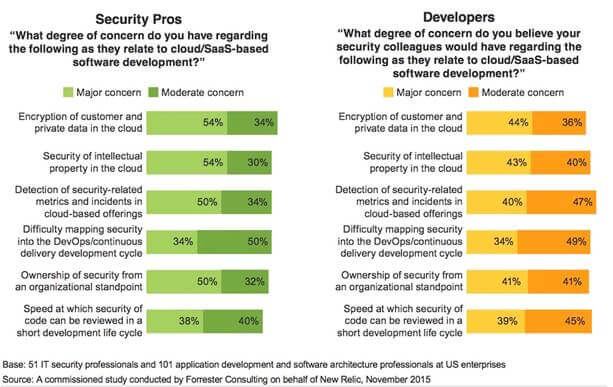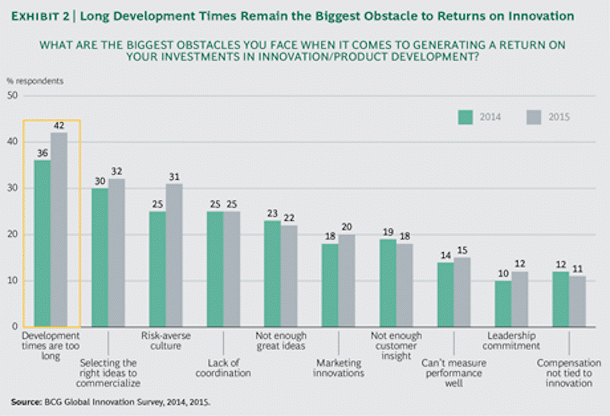Serverless and Distributed Database Services are Besties Now
Momentum towards distributed databases will be bolstered by the current move towards “serverless” technologies. In particular, database-as-a-services like Amazon DynamoDB are being utilized by developers of microservices. Also, MongoDB offerings are poised to benefit because Node.js is supported by many serverless providers. For industry insiders, serverless is […]
